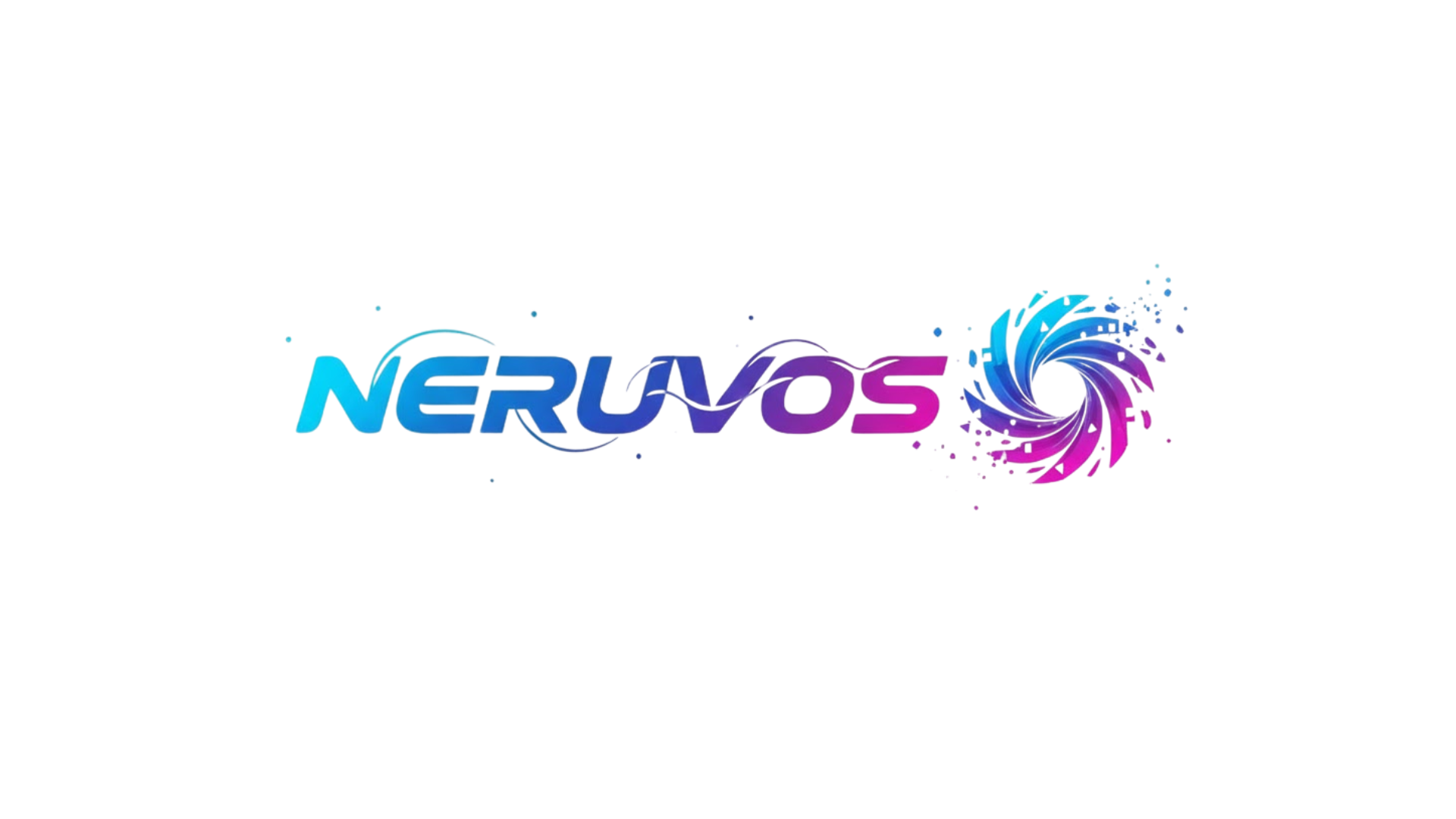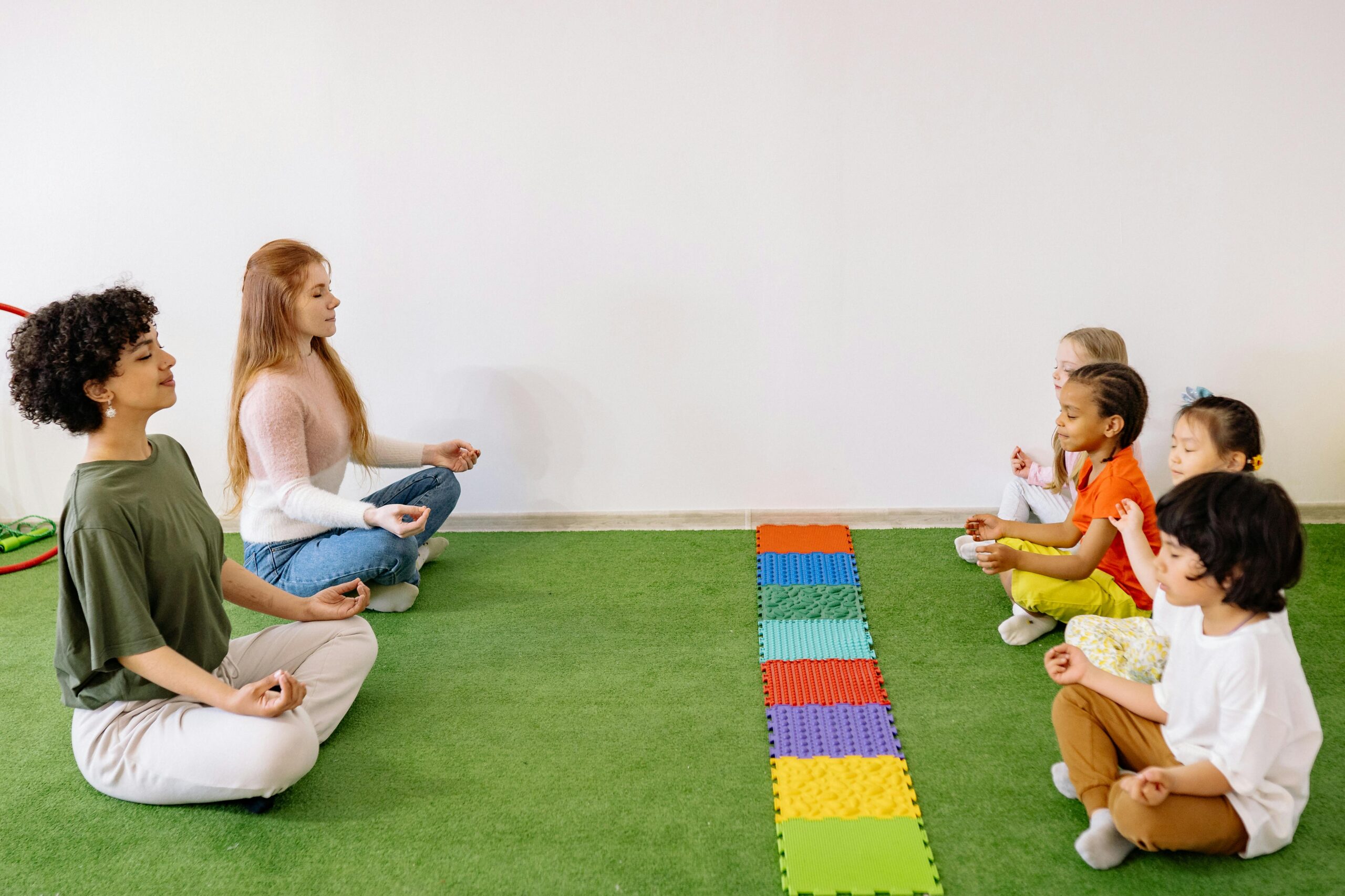Learning communities and peer exchange are transforming how people grow professionally and personally in today’s interconnected world. Let’s explore this collaborative revolution together. 🌟
In an era where knowledge doubles every few years and industries evolve at breakneck speed, the traditional model of isolated learning has become increasingly obsolete. The future belongs to those who understand that growth is not a solitary journey but a collective expedition. Learning communities and peer exchange platforms represent a paradigm shift in how we acquire skills, share knowledge, and achieve success together.
The concept of learning together isn’t new, but the scale, accessibility, and effectiveness of modern learning communities have reached unprecedented levels. Whether you’re a professional seeking career advancement, an entrepreneur building your venture, or simply someone passionate about continuous improvement, understanding how to leverage these collaborative spaces can accelerate your growth exponentially.
🚀 The Power of Collective Intelligence in Modern Learning
When individuals come together with shared learning goals, something remarkable happens. The collective intelligence of the group surpasses what any single member could achieve alone. This phenomenon, often called the “wisdom of crowds,” creates an environment where diverse perspectives, experiences, and insights converge to produce deeper understanding and innovative solutions.
Learning communities function as incubators for ideas and catalysts for action. Unlike passive consumption of content through traditional educational methods, these communities encourage active participation, critical thinking, and real-world application. Members don’t just absorb information—they challenge it, refine it, and transform it into actionable knowledge.
Research consistently demonstrates that peer-to-peer learning increases retention rates by up to 90% compared to passive learning methods. When you explain concepts to others, answer questions, and engage in discussions, you reinforce your own understanding while helping others grow. This reciprocal relationship forms the foundation of successful learning communities.
🎯 Types of Learning Communities That Drive Success
Learning communities come in various forms, each offering unique advantages depending on your goals, industry, and learning style. Understanding these different types helps you choose the right platforms for your growth journey.
Professional Networks and Industry Groups
These communities bring together professionals from specific industries or career paths. They facilitate knowledge sharing about industry trends, best practices, and emerging opportunities. Members benefit from mentorship, job opportunities, and collaborative problem-solving around shared professional challenges.
Skill-Based Learning Communities
Focused on developing specific competencies, these groups gather individuals committed to mastering particular skills—whether coding, design, marketing, or leadership. The shared focus creates accountability and provides a supportive environment where members can practice, receive feedback, and track their progress collectively.
Mastermind Groups
Napoleon Hill popularized this concept in “Think and Grow Rich,” and it remains powerful today. Mastermind groups consist of small, committed teams who meet regularly to share challenges, brainstorm solutions, and hold each other accountable. The intimate nature of these groups fosters deep trust and transformative growth.
Online Learning Platforms with Community Features
Modern e-learning platforms increasingly incorporate community elements—discussion forums, peer review systems, and collaborative projects. These features transform solitary online learning into engaging social experiences that combine structured curriculum with organic peer exchange.
💡 Key Benefits That Accelerate Your Growth Journey
Participating actively in learning communities delivers tangible benefits that extend far beyond simple knowledge acquisition. Understanding these advantages helps you maximize your investment of time and energy.
Accountability That Keeps You Moving Forward
One of the greatest challenges in personal development is maintaining consistent effort over time. Learning communities provide natural accountability structures. When you commit publicly to goals, share your progress, and witness others advancing, you’re more likely to stay motivated and follow through on your intentions.
Diverse Perspectives That Challenge Assumptions
Working in isolation can create blind spots and reinforce existing biases. Learning communities expose you to different viewpoints, approaches, and experiences. This diversity challenges your assumptions, broadens your thinking, and often leads to breakthrough insights you wouldn’t discover alone.
Access to Opportunities and Resources
Communities function as information networks where opportunities flow freely. Members share job openings, collaboration opportunities, resource recommendations, and insider knowledge that might never appear in public channels. Your network becomes your net worth, as the saying goes.
Emotional Support During Challenges
Growth inevitably involves setbacks, frustrations, and moments of doubt. Learning communities provide emotional support during difficult periods. Knowing others face similar challenges, hearing how they overcame obstacles, and receiving encouragement from peers can make the difference between giving up and pushing through.
Real-Time Feedback and Course Correction
Instead of discovering mistakes months later, learning communities offer immediate feedback. Whether you’re practicing a new skill, testing an idea, or working through a challenge, peers can provide constructive criticism and alternative perspectives that help you course-correct quickly.
🔧 Building Effective Peer Exchange Relationships
Simply joining a learning community isn’t enough. The real value comes from how you engage with peers and cultivate meaningful exchange relationships. Here are proven strategies for maximizing peer learning experiences.
Give Before You Ask
The most successful community members understand the principle of contribution first. Before seeking help or advice, look for ways to add value. Share useful resources, answer questions, provide feedback on others’ work, and celebrate peer achievements. This generosity creates social capital and establishes you as a valued community member.
Be Specific in Your Questions and Requests
Vague questions receive vague answers. When seeking input from peers, provide context, explain what you’ve already tried, and articulate specific questions. This respect for others’ time yields more useful responses and demonstrates your commitment to learning.
Create Structured Exchange Partnerships
Consider forming accountability partnerships or study groups within larger communities. These smaller, structured relationships often prove more productive than general community participation. Schedule regular check-ins, establish clear goals, and create frameworks for mutual support.
Document and Share Your Learning Journey
When you share what you’re learning—through posts, articles, presentations, or discussions—you solidify your own understanding while providing value to others. This practice of “learning in public” accelerates growth and positions you as a contributor rather than just a consumer.
🌐 Leveraging Technology for Enhanced Collaboration
Technology has revolutionized how learning communities function, breaking down geographical barriers and enabling new forms of peer exchange. Understanding and utilizing these tools enhances your collaborative learning experience.
Modern platforms offer features specifically designed to facilitate peer learning: discussion forums organized by topic, direct messaging for one-on-one exchanges, video conferencing for face-to-face interaction, collaborative documents for joint projects, and progress tracking systems that enable accountability.
Social learning platforms have emerged that combine educational content with social networking features. These platforms recognize that learning is inherently social and build features that encourage interaction, knowledge sharing, and community building around shared learning goals.
Virtual study groups and co-working sessions have become increasingly popular, especially in remote work environments. Tools like Zoom, Discord, and specialized platforms allow members to work alongside peers in real-time, creating the focused energy of group study sessions regardless of physical location.
🎓 Creating Your Own Learning Community
Sometimes the perfect learning community doesn’t exist yet—and that’s your opportunity to create it. Starting a community around shared learning interests can be deeply rewarding and positions you as a leader in your field.
Identify Your Core Purpose and Audience
Successful communities begin with clarity about purpose and target members. What specific learning goals will the community address? Who will benefit most from participating? What unique value will your community offer that existing groups don’t provide?
Choose the Right Platform and Tools
Your platform choice should align with your community’s needs and member preferences. Options range from social media groups and messaging platforms to dedicated community software and learning management systems. Consider factors like ease of use, feature set, scalability, and cost.
Establish Clear Guidelines and Culture
Communities thrive when members understand expectations and behavioral norms. Create guidelines that encourage constructive engagement, respectful disagreement, and inclusive participation. Model the behavior you want to see, and address violations promptly to maintain healthy community culture.
Facilitate Regular Engagement Opportunities
Active communities don’t happen by accident. Create structured opportunities for engagement: weekly discussion topics, monthly challenges, expert interviews, collaborative projects, or virtual meetups. Consistent programming gives members reasons to return and participate regularly.
⚡ Overcoming Common Challenges in Collaborative Learning
While learning communities offer tremendous benefits, participants often encounter obstacles. Understanding these challenges and strategies for overcoming them ensures sustained engagement and growth.
Managing Time and Avoiding Overwhelm
With so many communities and discussions available, it’s easy to become overwhelmed. Focus on quality over quantity. Choose one or two communities aligned with your most important goals, and engage deeply rather than spreading yourself thin across many groups. Set specific time boundaries for community participation.
Dealing with Imposter Syndrome
Many people hesitate to contribute to learning communities because they feel they lack sufficient expertise. Remember that everyone brings unique experiences and perspectives. Your “beginner’s mind” often provides valuable insights that experts overlook. Start by asking thoughtful questions and gradually increase your contributions as confidence grows.
Navigating Conflicting Advice
Different community members may offer contradictory suggestions, leaving you confused about the right path forward. Remember that most advice is contextual—what worked for one person may not suit your situation. Evaluate recommendations against your specific circumstances, test different approaches, and develop your own informed conclusions.
Maintaining Motivation Through Plateaus
Learning plateaus are normal but frustrating. When progress seems to stall, lean on your community for encouragement and perspective. Often, plateaus precede breakthroughs. Share your frustration with peers who’ve likely experienced similar phases and can offer strategies that helped them push through.
📈 Measuring Growth and Celebrating Progress
To ensure your participation in learning communities delivers real value, establish methods for tracking progress and recognizing achievements. This practice maintains motivation and helps you optimize your community engagement strategies.
Set specific, measurable goals related to your learning objectives. Track not just knowledge acquisition but also practical application, skills developed, connections made, and opportunities generated through community participation. Regular reflection helps you identify which communities and engagement strategies deliver the best returns.
Celebrate milestones—both your own and those of community members. Recognition reinforces positive behaviors and strengthens community bonds. When peers achieve significant goals, acknowledge their success. This culture of celebration creates positive momentum and encourages continued participation.
Consider keeping a learning journal documenting insights gained through peer exchange, questions answered by community members, and resources discovered through your networks. This record provides tangible evidence of growth and creates a personal knowledge base you can reference and share.
🌟 The Future of Collaborative Learning
As technology evolves and work becomes increasingly distributed, learning communities will play an even more critical role in professional development and personal growth. Understanding emerging trends helps you position yourself for future opportunities.
Artificial intelligence is beginning to enhance community experiences through intelligent matching of learning partners, personalized resource recommendations, and automated facilitation of discussions. These tools will make finding the right communities and connections easier while preserving the essentially human nature of peer learning.
Micro-communities focused on hyper-specific niches are proliferating, allowing people to find peers with precisely aligned interests and goals. This specialization creates more relevant, valuable exchanges while maintaining the intimacy that makes small groups effective.
Cross-industry and interdisciplinary communities are gaining popularity as people recognize that innovation often happens at the intersection of different fields. These diverse communities spark creative thinking and expose members to approaches and frameworks from entirely different contexts.

🚀 Your Next Steps Toward Collaborative Success
Understanding the power of learning communities is just the beginning. Real transformation comes through intentional action and sustained engagement. Start by identifying one or two communities aligned with your most pressing learning goals. Join actively, contribute generously, and build genuine relationships with peers who share your commitment to growth.
Remember that collaborative success isn’t about extracting maximum value from others—it’s about contributing to an ecosystem where everyone grows together. The more you give, the more you’ll receive. Your questions help others think more deeply, your experiences provide valuable context, and your encouragement motivates peers to persist through challenges.
Learning communities work best when approached with both humility and confidence: humility to recognize that you can learn from anyone, regardless of their credentials or experience level, and confidence to share your own insights, even when they feel incomplete or imperfect.
Make peer exchange a regular practice rather than an occasional activity. Schedule time for community engagement just as you would for any other important developmental activity. Consistency compounds—regular participation yields exponentially greater benefits than sporadic involvement.
The journey toward your goals becomes more enjoyable, sustainable, and successful when shared with others who understand your aspirations and challenges. Learning communities transform the often solitary struggle of personal development into a collective adventure filled with discovery, support, and mutual celebration.
Your growth potential multiplies when connected with peers who challenge your thinking, support your progress, and collaborate toward shared success. The communities you join and the relationships you build today will shape your opportunities, capabilities, and achievements for years to come. Dive into learning communities and peer exchange with intention and openness—your future self will thank you for this investment in collaborative growth. 🎯
Toni Santos is an education futurist and learning design researcher dedicated to reimagining how people build skills in a fast-changing world. With a focus on cognitive tools, EdTech innovation, and equitable access, Toni explores systems that help learners think deeper, adapt faster, and learn for life. Fascinated by the science of learning and the power of technology to personalize growth, Toni’s journey bridges classrooms, startups, and global initiatives. Each project he shares is an invitation to transform education into a continuous, human-centered experience—where curiosity, practice, and purpose align. Blending learning science, product design, and policy insight, Toni studies models that turn knowledge into capability at scale. His work highlights how thoughtful design and inclusive technology can unlock talent everywhere—across ages, cultures, and contexts. His work is a tribute to: Cognitive learning tools that make thinking visible and transferable EdTech innovation that expands access and personalizes pathways Lifelong learning systems that support relevance, resilience, and purpose Whether you’re building a learning product, shaping policy, or growing your own skills, Toni Santos invites you to design learning for tomorrow—one insight, one practice, one empowering pathway at a time.




